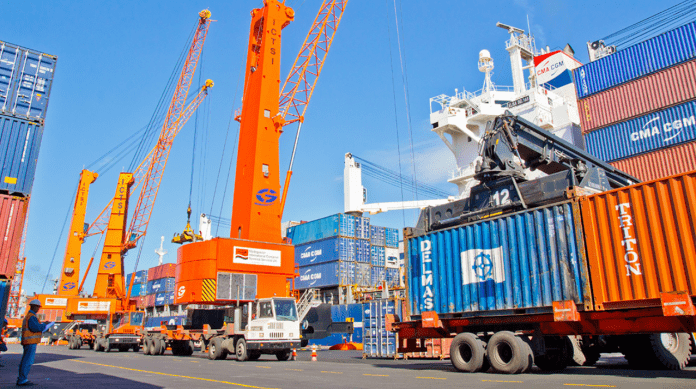International Container Terminal Services Inc. (ICTSI) and the authority in charge of the management and operation of the Port of Toamasina Société de Gestion du Port Autonome de Toamasina (SPAT) have signed a 15-year extension of the concession for Madagascar International Container Terminal.
Particularly, the concession extension is projected to run from 2025 through to 2040. ICTSI has held the concession since 2005 through its wholly-owned subsidiary Madagascar International Container Terminal Services Limited (MICTSL), according to a statement.
“The implementation of the port extension project guarantees the presence of modern port capacity over the long term,” claimed ICTSI officials in a statement.
The concession extension complements the US$639 million port expansion project now underway in Toamasina, with US$411 million provided by the Japan International Cooperation Agency (JICA) and US$227 million by the Government of Madagascar.
The extension agreement was signed by Valery Ramonjavelo, SPAT chairman, and Hans-Ole Madsen, ICTSI senior vice president and head of EMEA, in a ceremony that took place at the port city of Toamasina.
The Port of Toamasina is the main maritime gateway for Madagascar and MICTSL, the provider of container handling services, which has consistently added capacity and streamlined services in line with the needs of Madagascar’s diverse import and export community while working in conjunction with SPAT.
Furthermore, major container sector improvements include comprehensive quay and yard capacity expansions, according to a statement.
More specifically, a new 756-meter container berth, with a draught of 16 meters alongside and equipped with ship-to-shore container gantries, is central to plans, to provide for increases of vessel size up to a capacity of 14,000 TEU.
The addition of a 150,000m2 container yard is also projected as part of infrastructure improvements on the landside, as well as a new gate complex, a modern workshop and extensive security infrastructure.
Last but not least, reefer capacity will also be increased from the present 120 plugs to more than 400 plugs, according to ICTSI.







